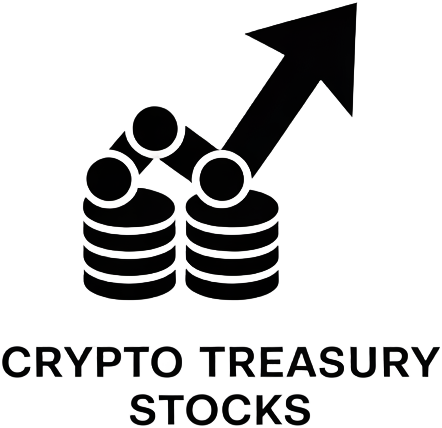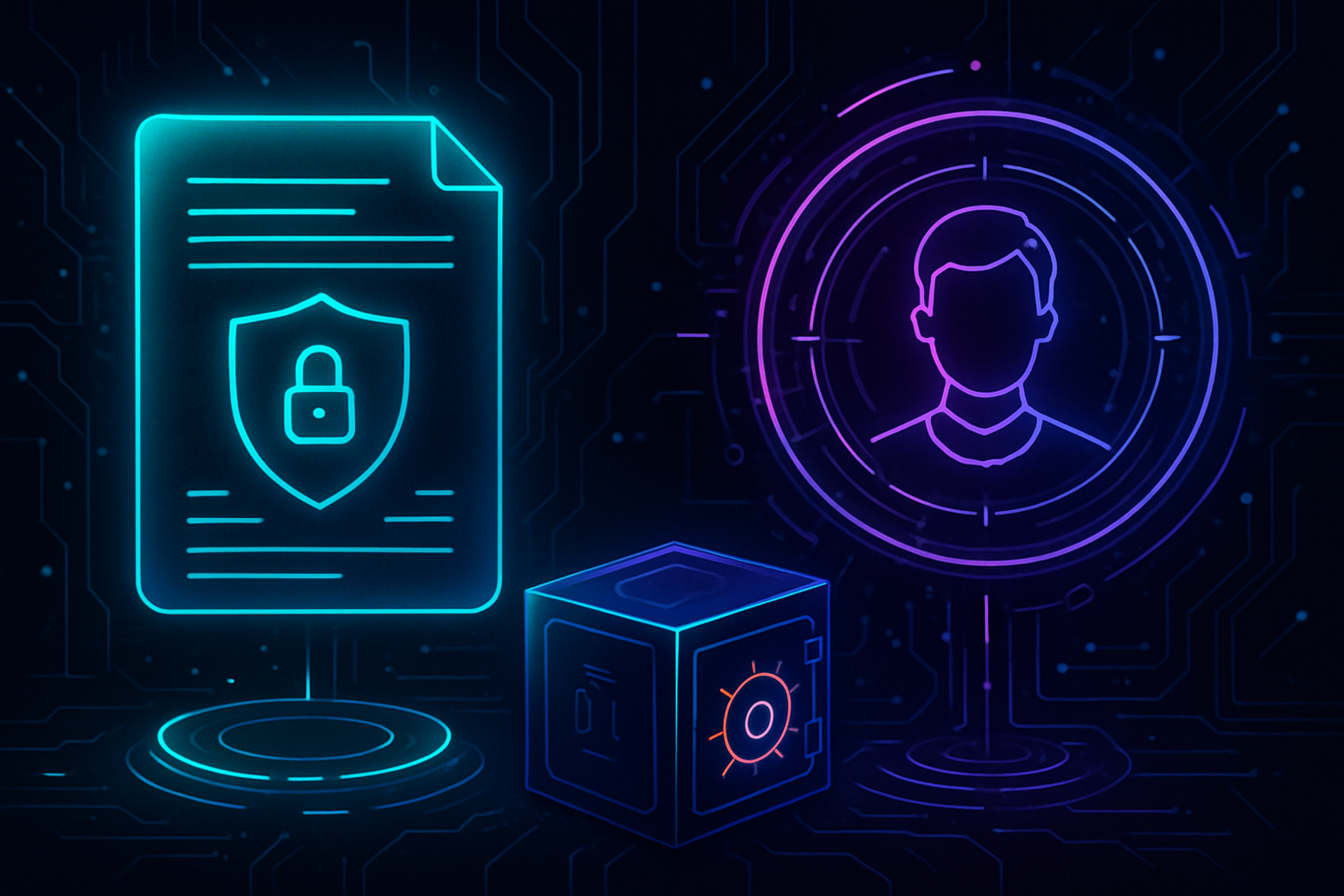
Securing a DAO treasury isn’t just about writing flawless code. In 2025, as DAOs manage larger and more complex on-chain assets, the conversation around DAO treasury security has matured. While smart contract audits remain the gold standard for code integrity, the human element, the identities and intentions of those behind the multisig wallet, can’t be ignored. A holistic approach to DeFi risk management now means combining rigorous smart contract audits with robust KYC (Know Your Customer) procedures for DAO team members.
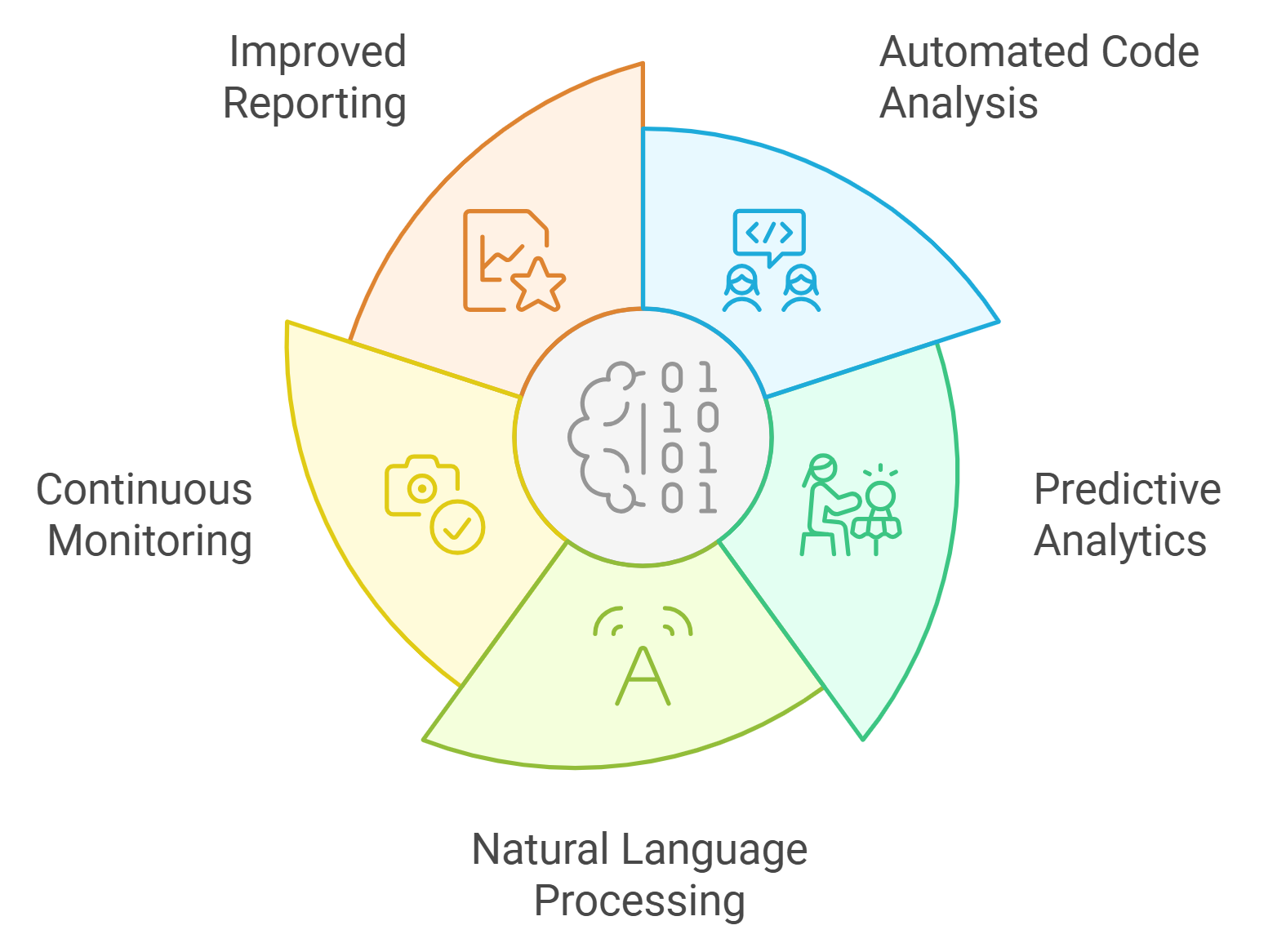
Why Smart Contract Audits Are Non-Negotiable
Let’s start with the obvious: a buggy or vulnerable smart contract can drain a DAO’s entire treasury in minutes. Audits are no longer optional, they’re an industry expectation. The best audits go beyond surface-level checks, hunting for subtle logic errors and edge cases that automated tools might miss.
For example, Taiko Labs worked with Halborn to audit their DAO contracts, uncovering issues like missing require statements in constructors and gaps in upgradeability, problems that could have left assets exposed without intervention (halborn.com). Similarly, DAOVentures engaged multiple auditing firms, including Beosin, Zokyo, Solidity Finance, and CertiK, to cover every angle of their ecosystem (daoventuresco.medium.com). This multi-layered approach is becoming standard among DAOs serious about on-chain asset protection.
Top Reasons Smart Contract Audits Protect DAO Treasuries
-
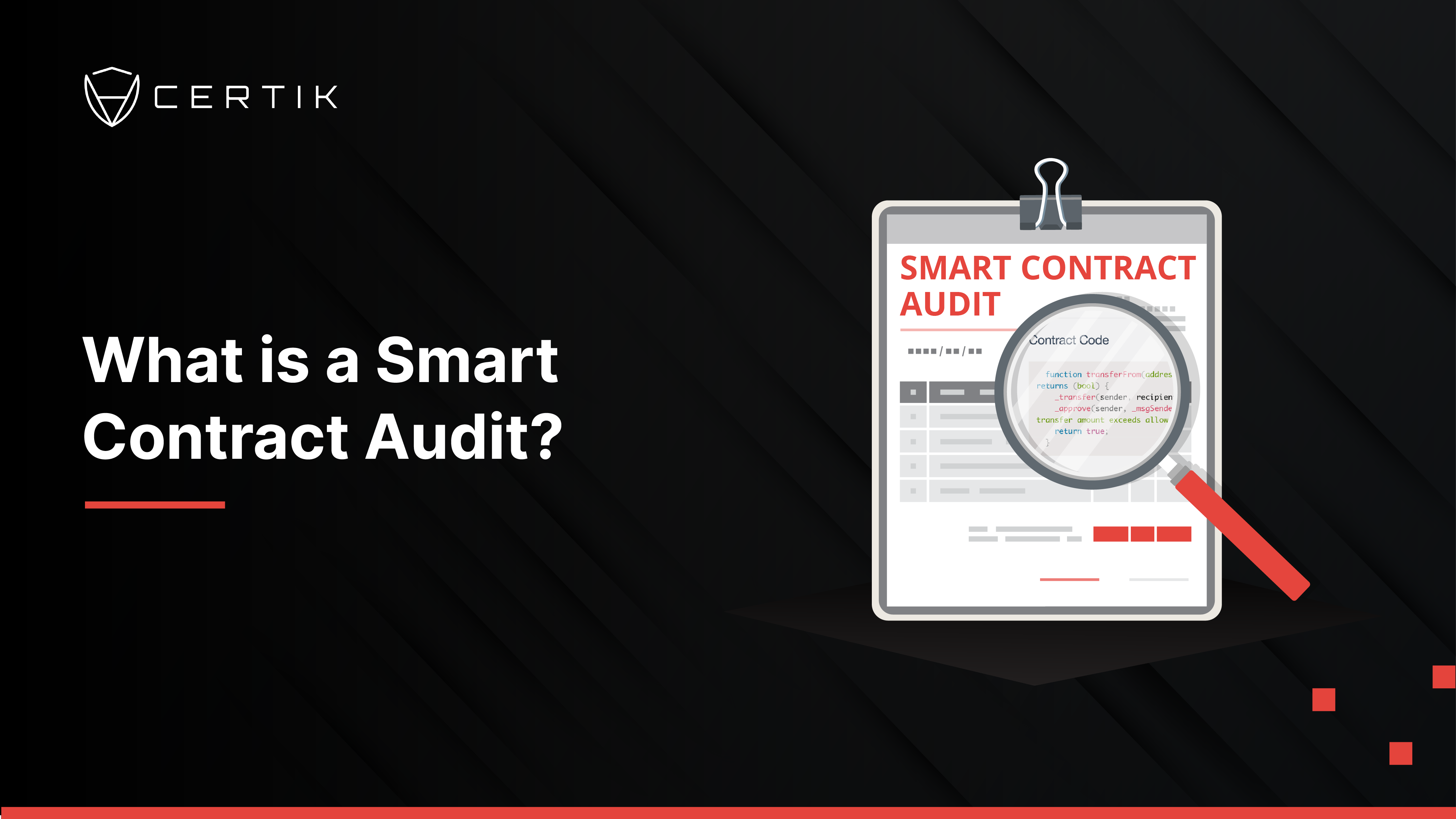
Uncover Hidden Vulnerabilities: Audits systematically identify bugs and security flaws in smart contract code before they can be exploited, reducing the risk of costly breaches.
-
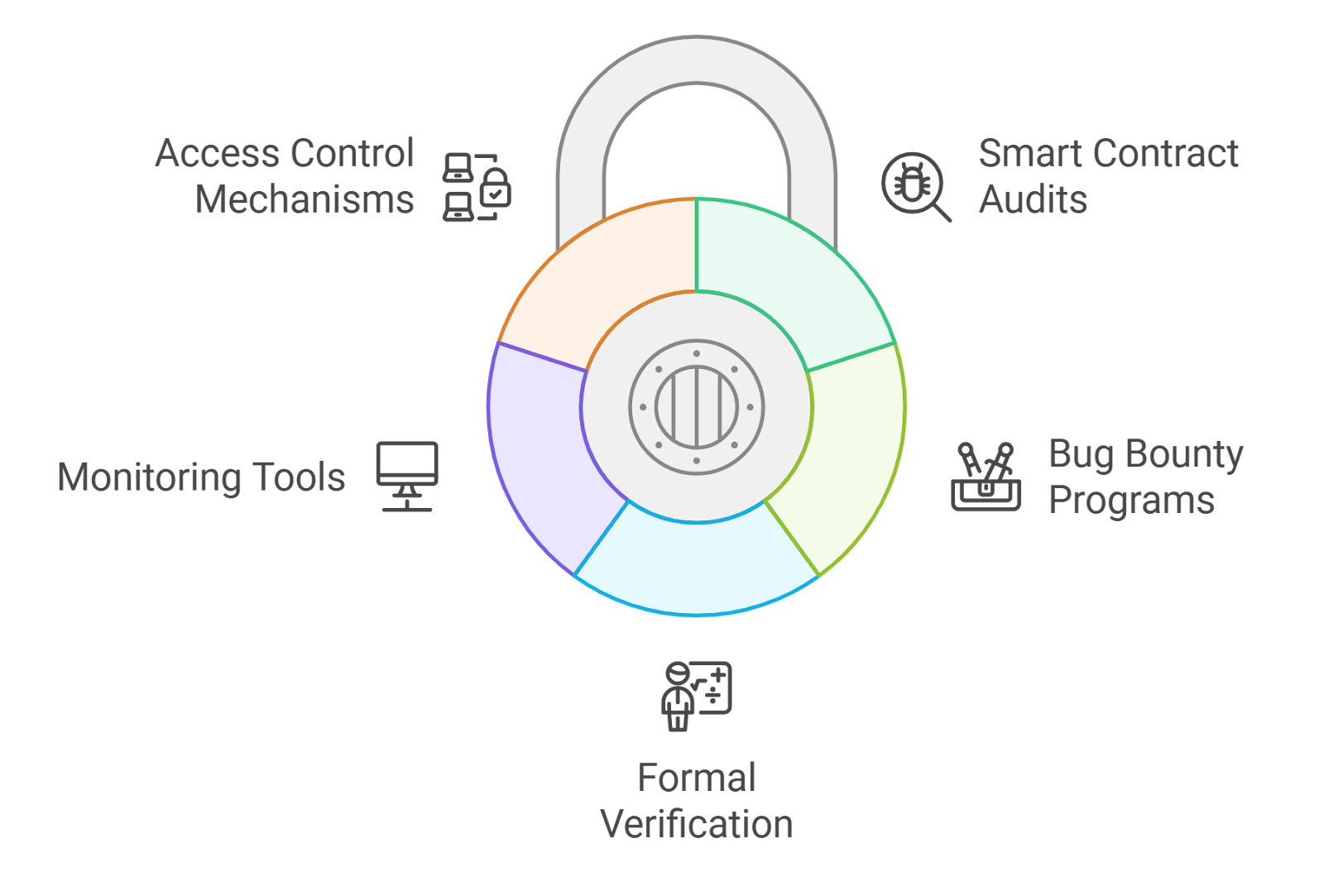
Prevent Costly Exploits: By catching logic errors and attack vectors, audits help DAOs avoid high-profile hacks and the potential loss of millions in treasury assets.
-
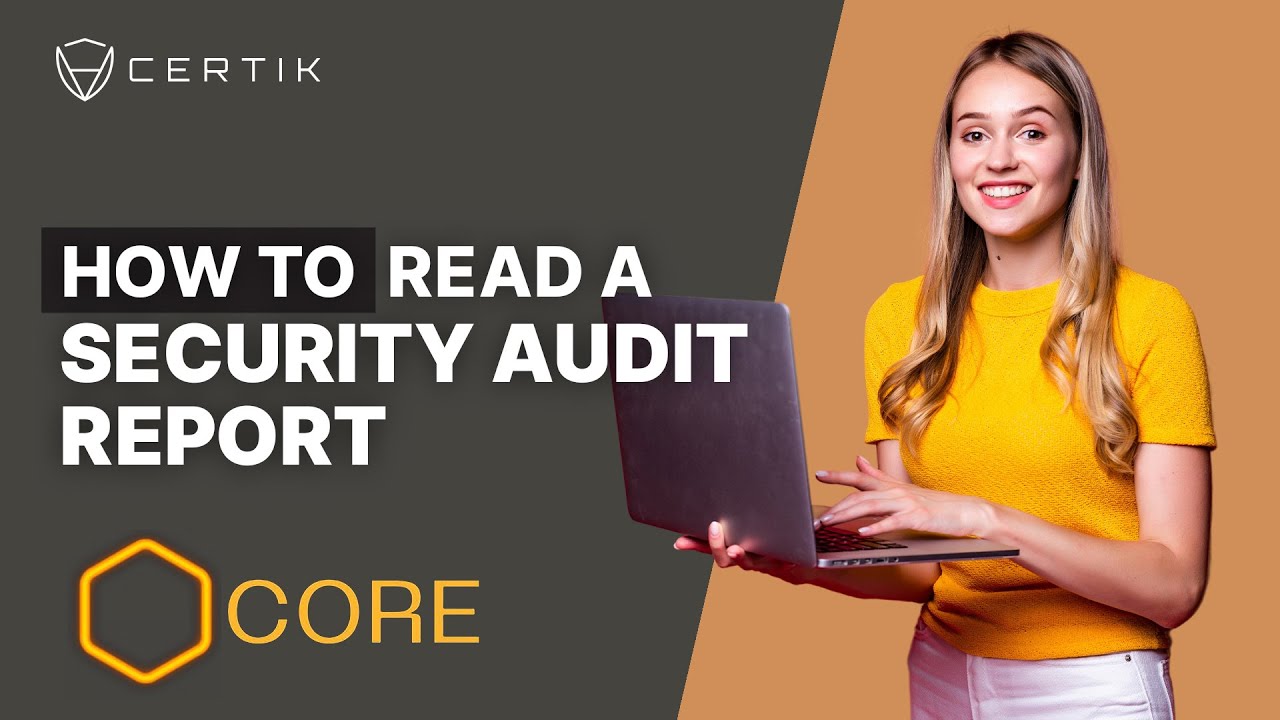
Boost Community Trust: Publicly sharing audit results from reputable firms like Halborn or CertiK demonstrates a DAO’s commitment to security and transparency, encouraging greater participation.
-
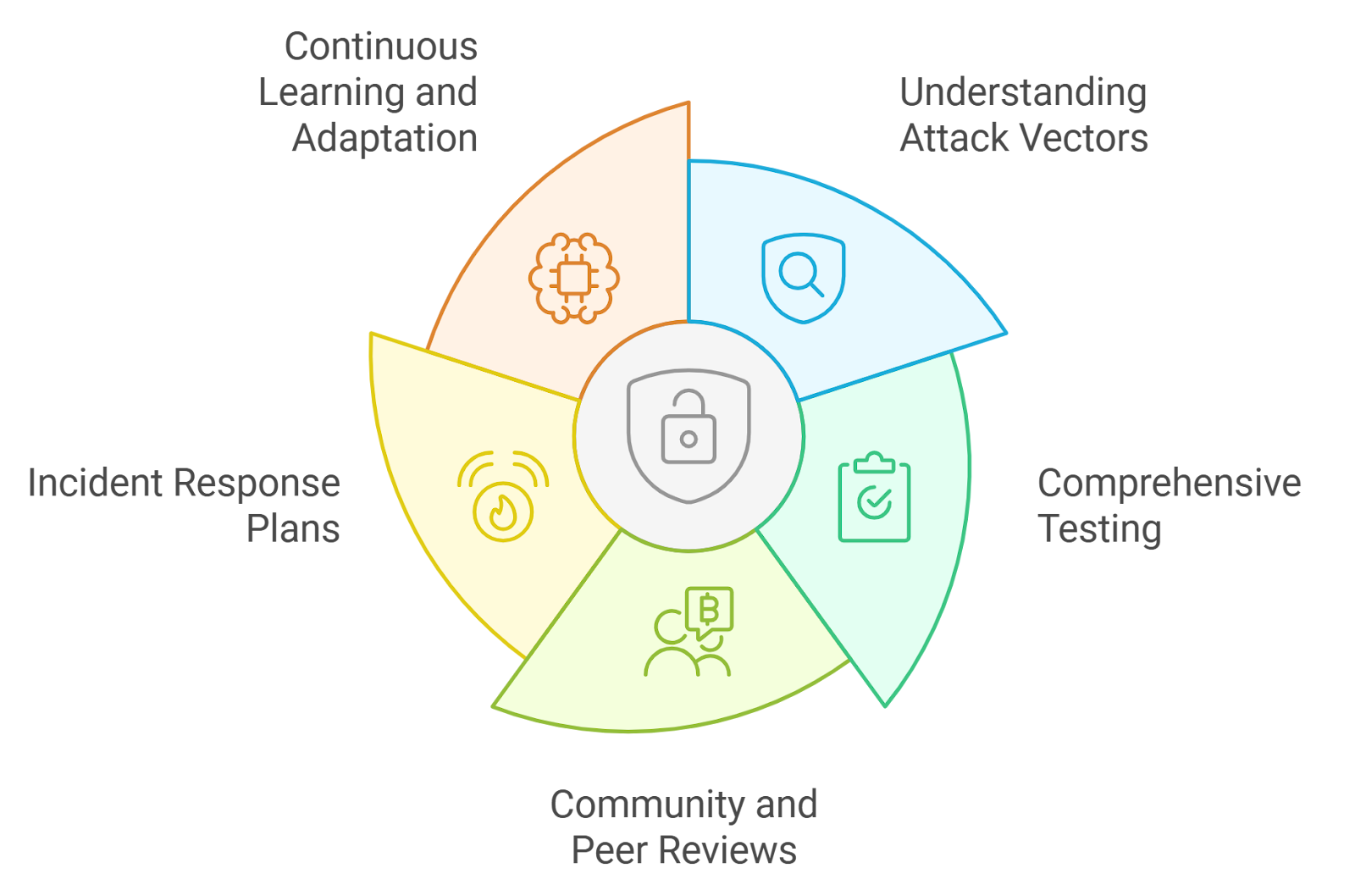
Ensure Compliance and Best Practices: Audits verify that smart contracts adhere to industry standards and regulatory requirements, helping DAOs operate responsibly and avoid legal pitfalls.
-
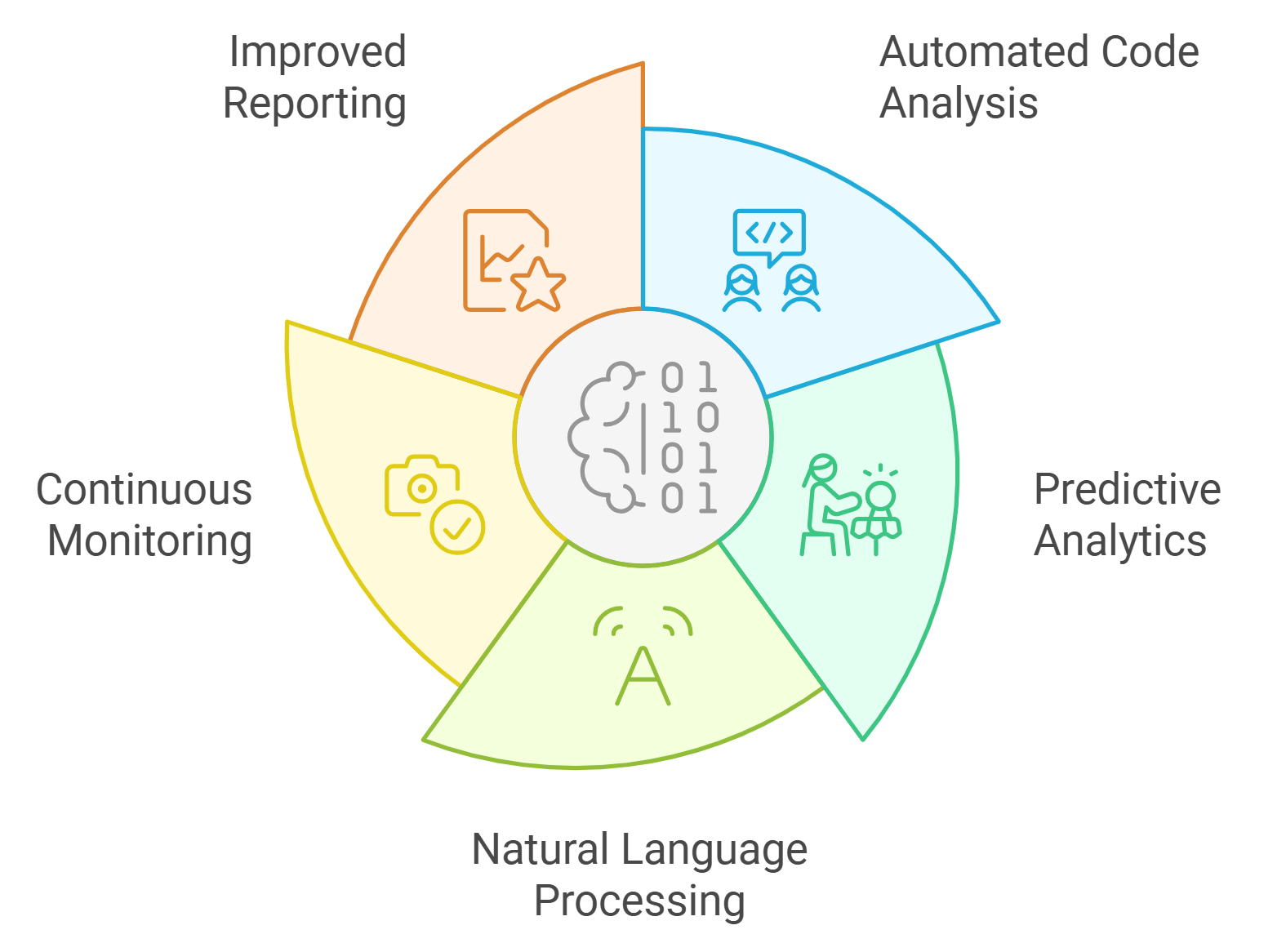
Support Secure Upgrades: Audits can highlight upgrade paths and governance mechanisms, ensuring that DAOs can safely evolve their protocols without introducing new risks.
-

Protect Against Insider Threats: Even with trusted teams, code-level flaws can be exploited. Audits provide an independent check, safeguarding funds from both external and internal threats.
-
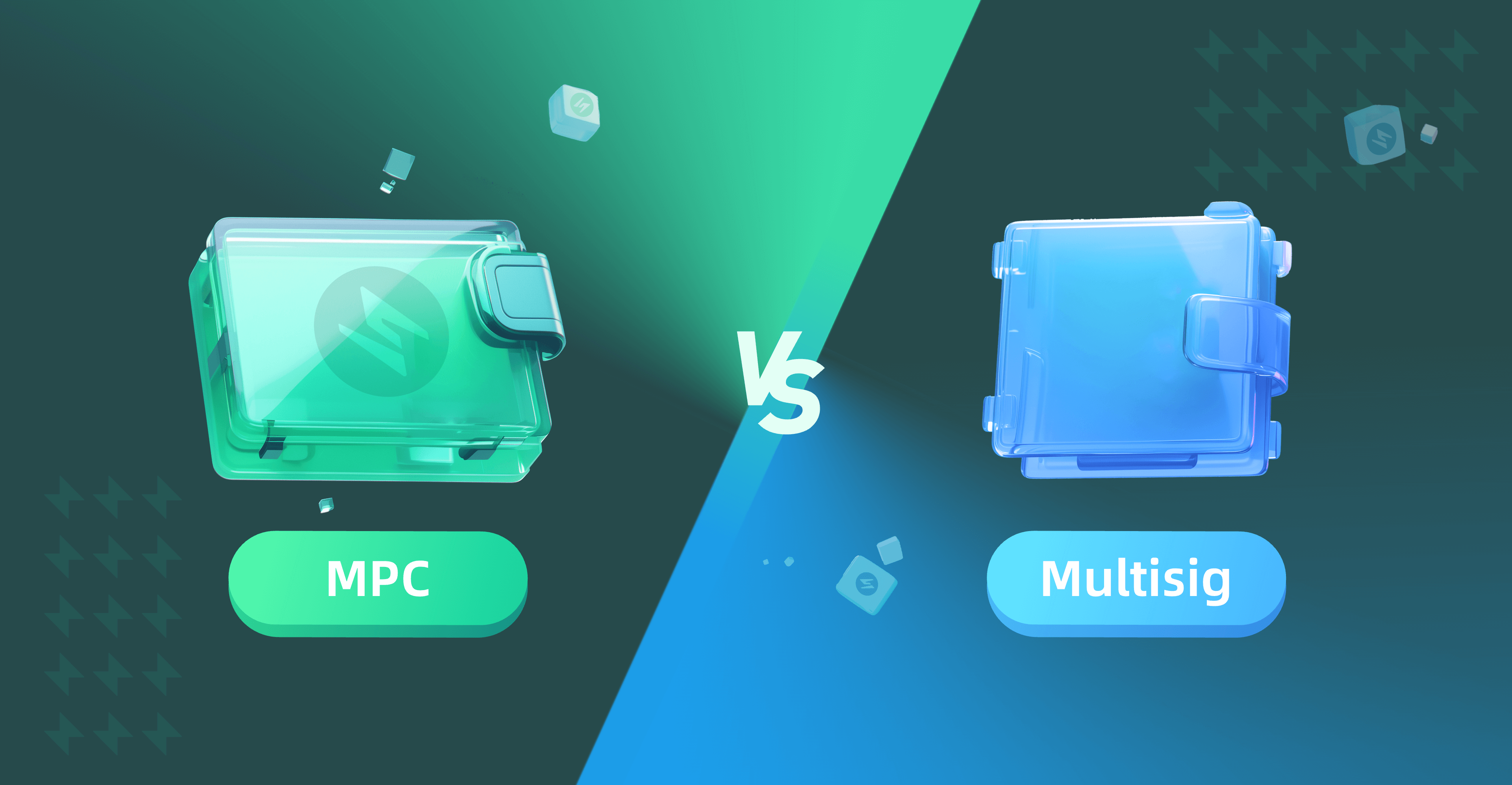
Safeguard Multisig Wallets: Since many DAOs use multisig wallets governed by smart contracts, audits help ensure these critical treasury tools are free from exploitable bugs.
-
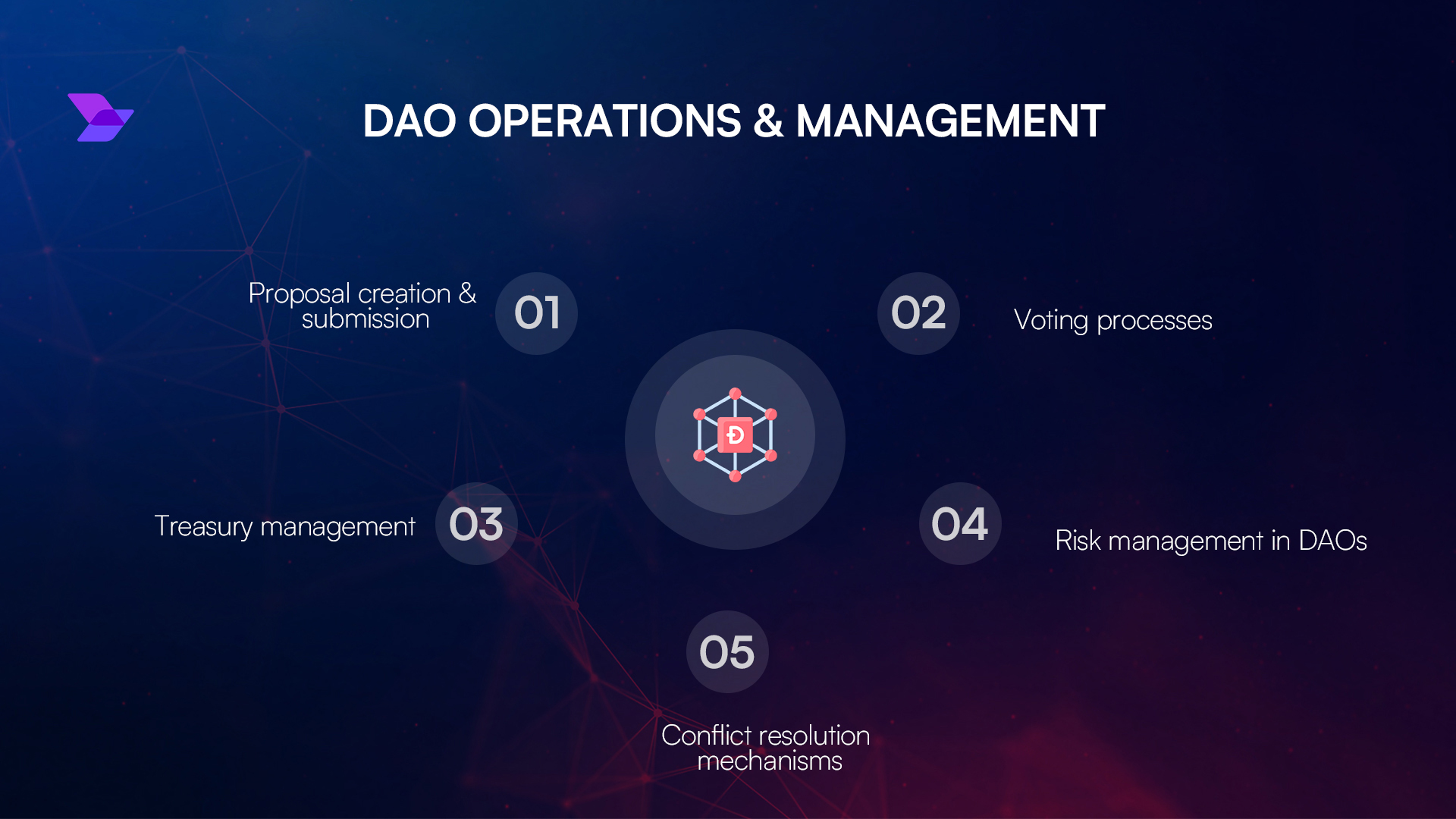
Enable Insurance and Partnerships: Many insurance providers and partners require proof of recent audits before engaging, opening doors to new opportunities for DAOs.
-
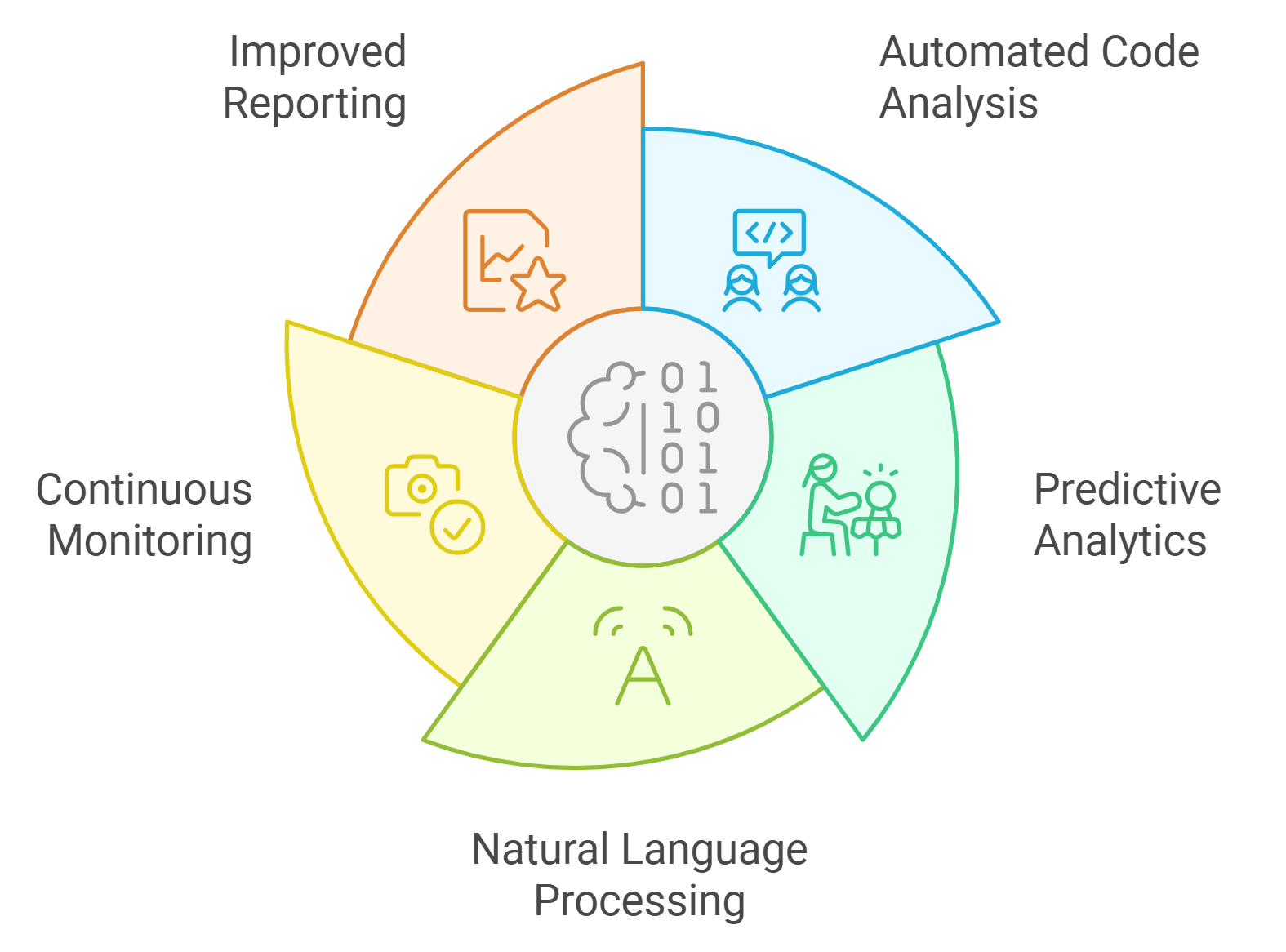
Reduce Operational Risks: Audits help DAOs identify inefficient code that could lead to excessive gas fees or failed transactions, optimizing treasury management.
-
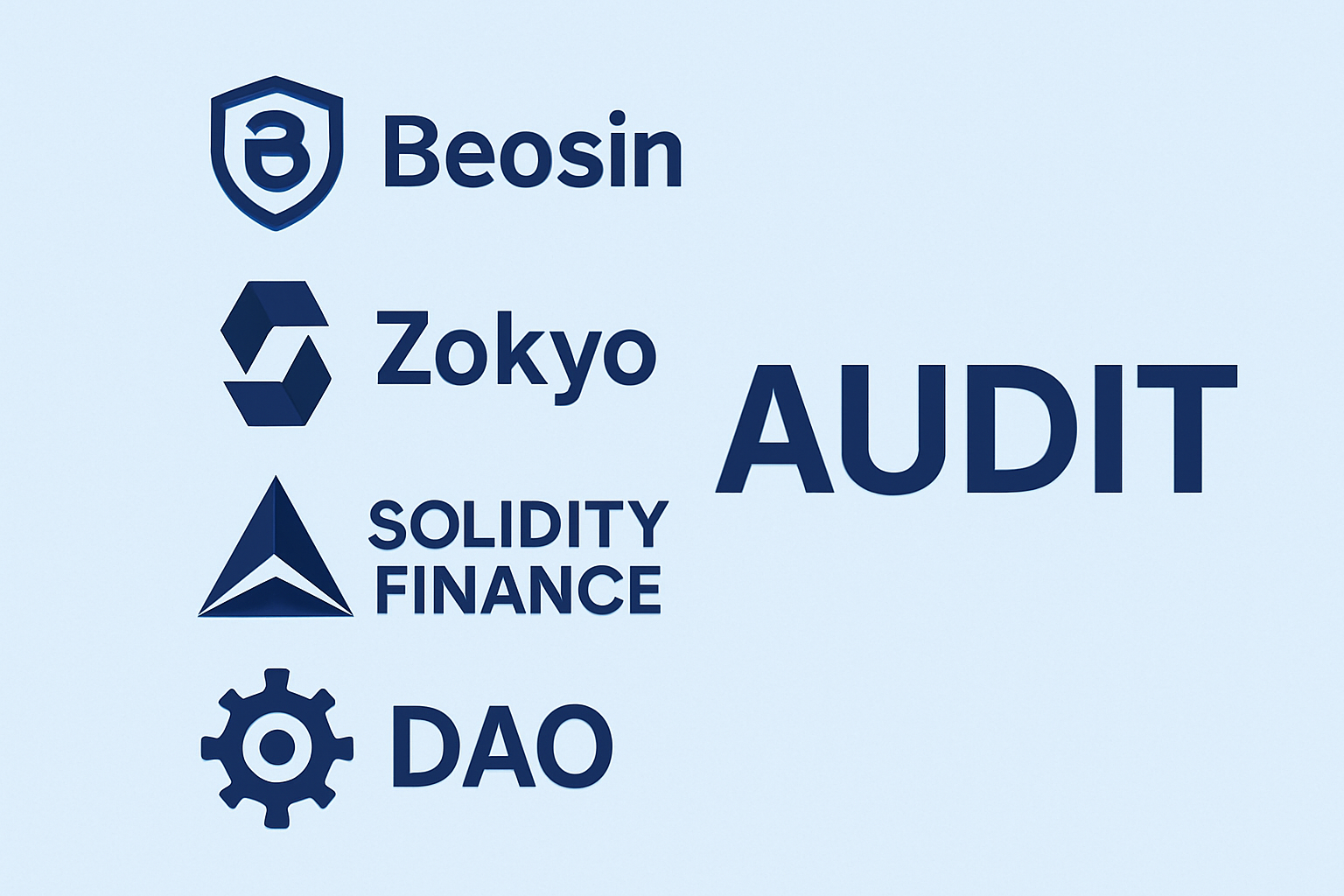
Set a Security Benchmark: Regular audits from firms like Beosin, Zokyo, and Solidity Finance establish a culture of proactive security, setting the standard for DAO treasury protection.
The Human Factor: Why KYC Matters for DAOs
No matter how secure your code is, it’s people who ultimately control treasury withdrawals and upgrades. That’s where KYC for DAOs comes in. By verifying the identities and backgrounds of core contributors or multisig signers, DAOs can significantly reduce risks like internal fraud or collusion.
KYC doesn’t mean doxxing every contributor; it means ensuring that those with direct access to funds are accountable and trustworthy. This is especially vital as regulatory scrutiny intensifies around large-scale DeFi projects. In practice, KYC can include background checks, reputation scoring, or even requiring team members to sign legal attestations before gaining access to treasury controls.
The New Standard: Integrating Audits and KYC for True Treasury Security
The most resilient DAOs now combine both approaches, rigorous code audits and transparent human verification, to create layered defenses. Stake DAO exemplifies this by publishing all audit reports openly on GitHub and collaborating with reputable security firms like ChainSecurity and Omniscia (docs.stakedao.org). But they don’t stop at code; many leading DAOs are also moving toward structured KYC processes for key holders as part of their operational playbook.
